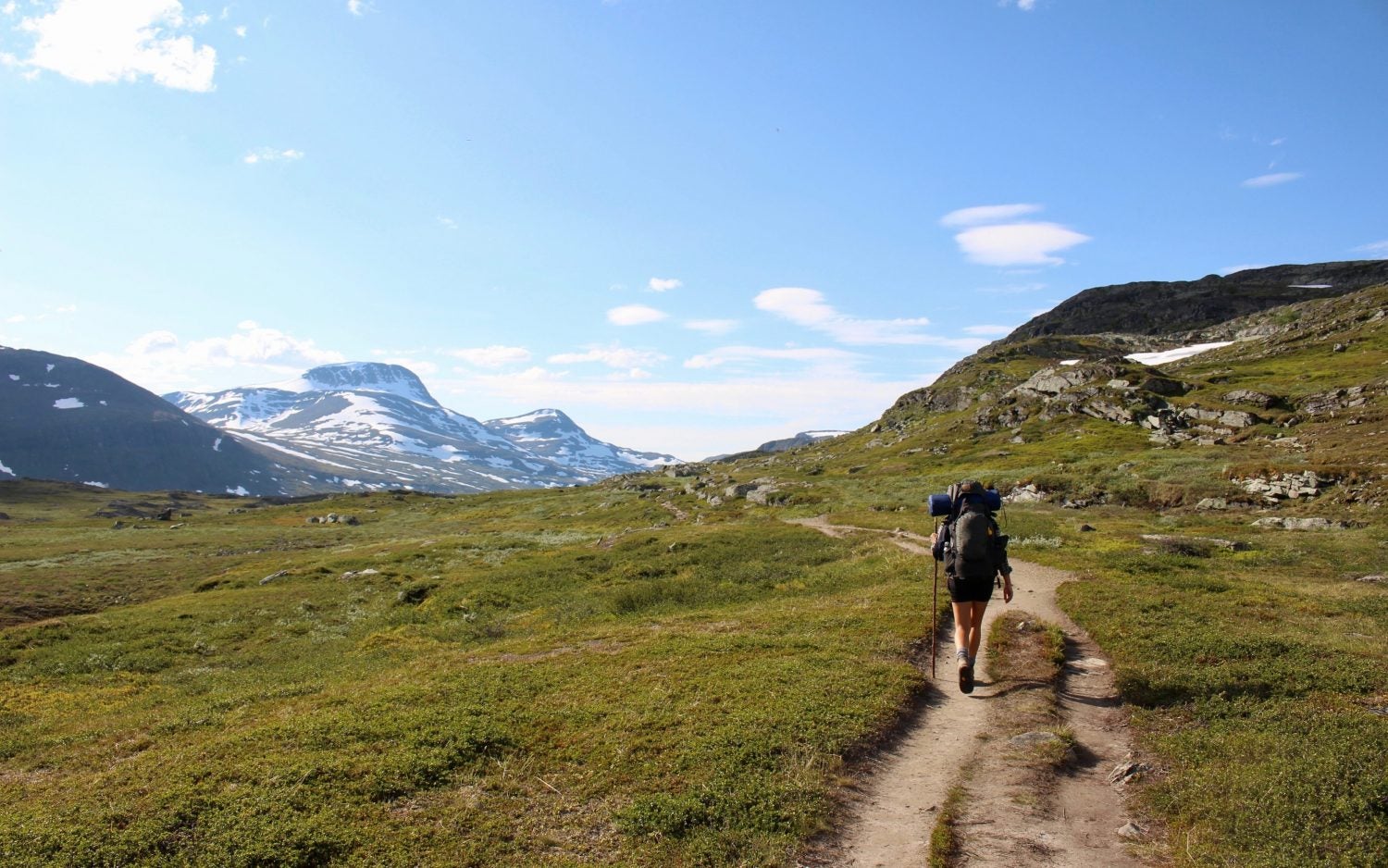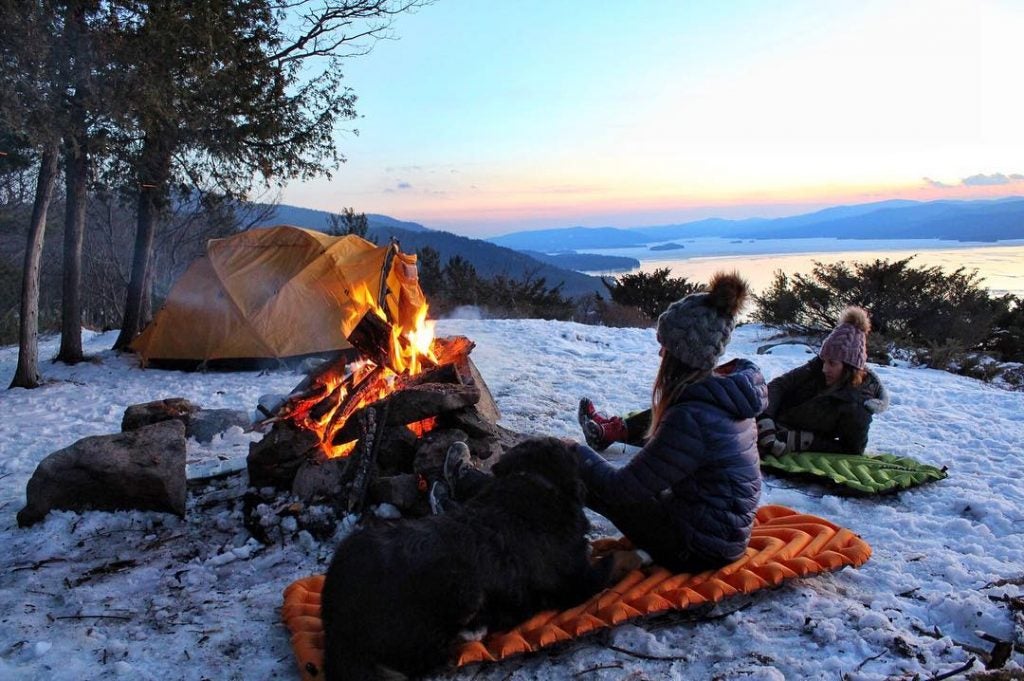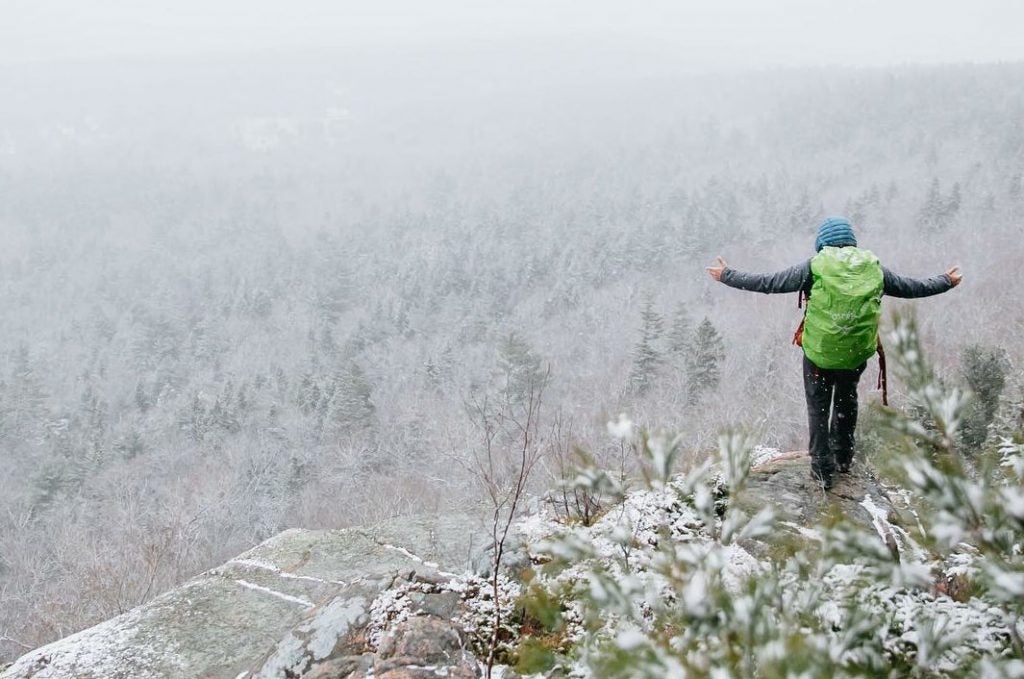The Mountains called: they want you to pack your first-aid kit alongside your selfie stick.
Social media has heightened our wanderlust for the backcountry. With posts about glacial travel, backcountry skiing, mountaineering, and selfies from the top of Everest, the drive to get outside is real. But before we go blazing into the backcountry with our GoPro’s at the ready, let’s make sure we’re prepared with these backcountry essentials.
Don’t Forget These Things When You Camp in the Backcountry
Whether you’re heading out for your first or fiftieth backcountry excursion, you’re going to want these items in your pack.
1. First-Aid Kit
This may be one of the most obvious backcountry essentials to pack, and yet it’s maybe the most overlooked item. With Urban Sprawl encroaching on our alpine environments, it’s easy to feel closer to home than ever. But what if a storm moves in? It’s important to think about what could happen, versus what probably won’t.
2. Map and Compass

Photo by Himesh Kumar Behera on Unsplash
It sounds outdated, I know. But having a map and compass can make or break your backcountry experience when your iPhone juice suddenly runs out. If it’s an area you know well, use it as an opportunity to learn the area better. REI hosts Map and Compass classes at a discounted rate for members, and participants learn invaluable information for backcountry travel. A good starter compass? Brunton’s TruArc 5.
3. Multiples (Food, Gear, Clothing)
Think about bringing two of everything. Even if you don’t end up needing it, one of your friends may have forgotten their gloves, or Beef Stroganoff, or copy of Now That’s What I Call Music Vol. 3. Because let’s be real, we all like to jam out to throwbacks on our way to the trailhead. On a serious note, weather conditions can change in an instant on the mountain, dropping from 65 and sunny, to 32 and snowing. Think about the “just in case.”
4. Trekking Poles
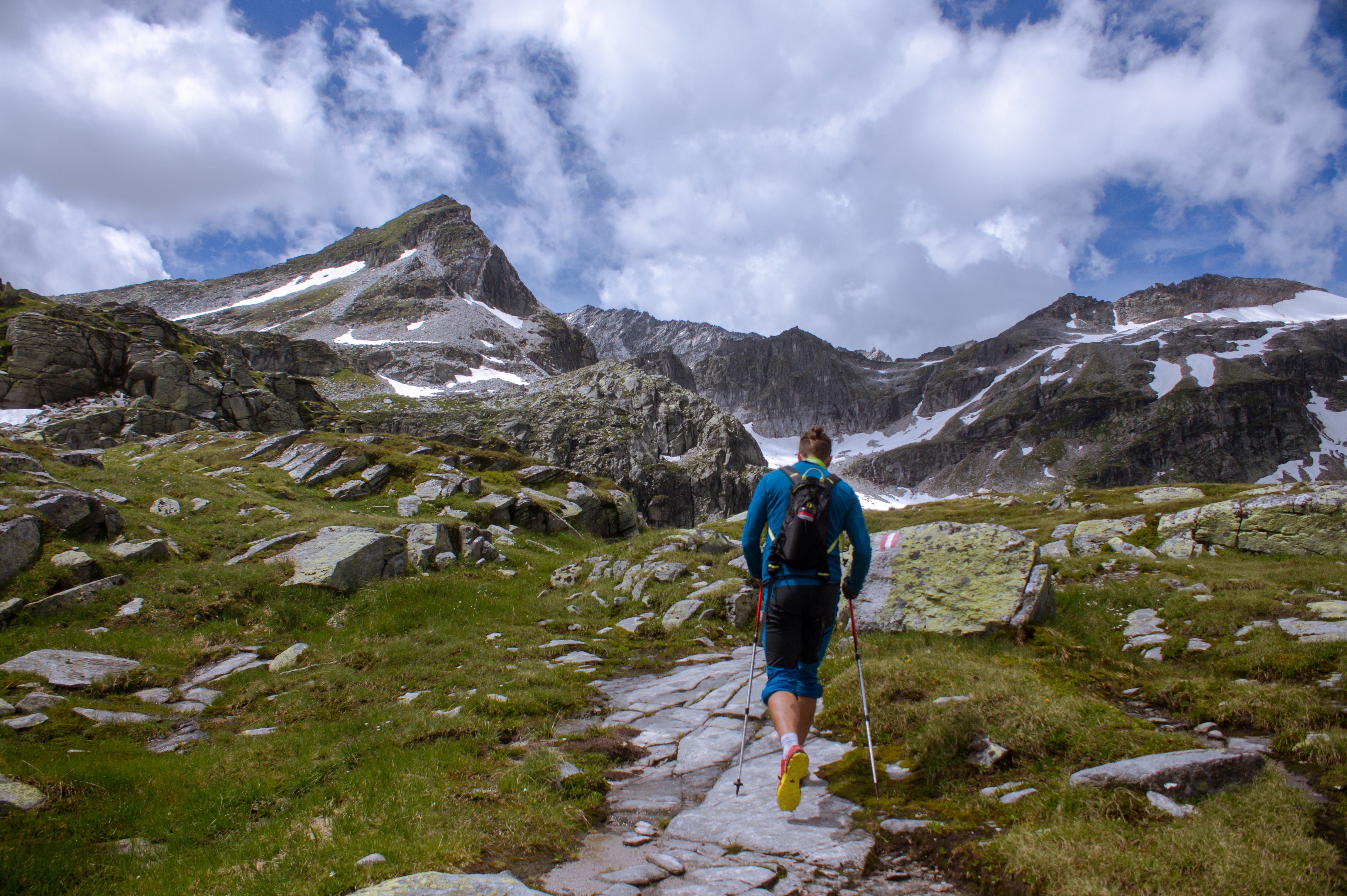
Photo by Jan-Niclas Aberle on Unsplash
Possibly the most underrated backcountry essentials: trekking poles. Not only can they be a true life-saver when hiking down steep, rocky terrain, they can also be fashioned into an a-frame carrying device, or makeshift crutches. With all the latest gear technology, your poles can weigh less than your food and collapse when you don’t need them.
5. Emergency Blanket
Similar to the rule of multiples, bringing an emergency blanket is the item you don’t think about until you absolutely need it. Insulated covers are always backcountry essentials, especially for solo-hikers. If your 3-hour day hike suddenly turns into a 36-hour epic, an emergency blanket functions as a shelter and hypothermic prevention.
6. Good Company
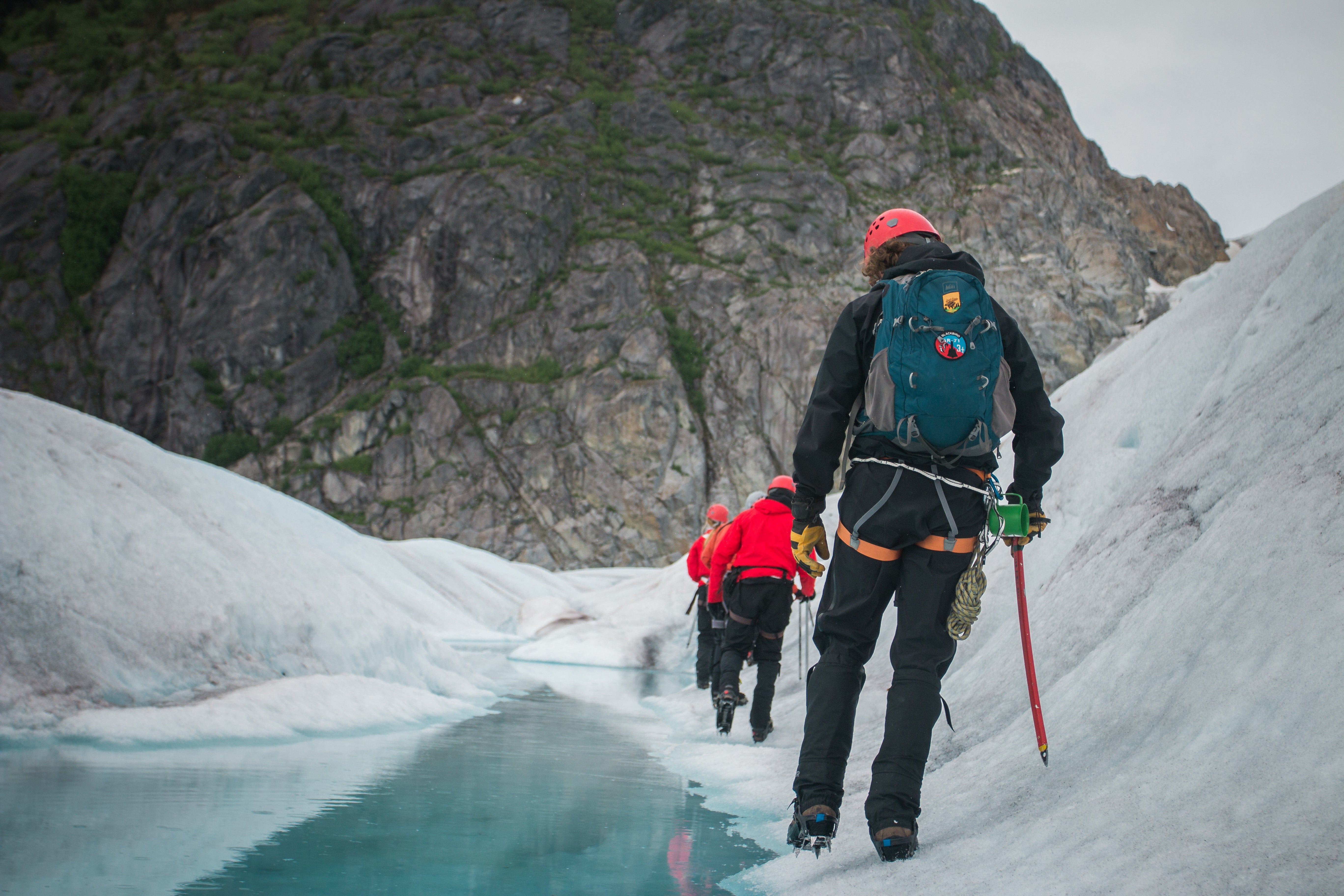
Photo by Steve Halama on Unsplash
Let’s face it. Some of the greatest, truest, most notable friendships have been formed in the backcountry. Whether you’re sitting out a snowstorm in an expedition tent, or sharing summit snacks after a 4-mile hike, who you go with can make or break an outing in the backcountry.
The Dyrt is the only camping app with all of the public and private campgrounds, RV parks, and free camping locations in the United States. Download now for iOS and Android.
Popular Articles:
Articles on The Dyrt Magazine may contain links to affiliate websites. The Dyrt receives an affiliate commission for any purchases made by using such links at no additional cost to you the consumer.

